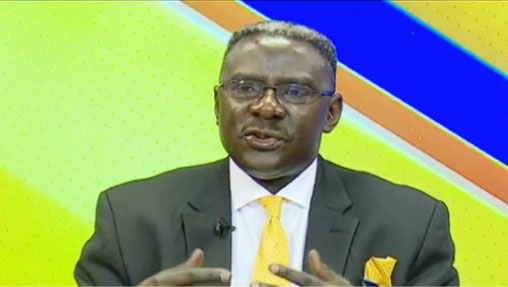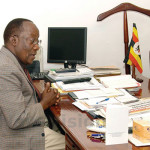The Yoweri Museveni administration has, after restoring Uganda into the international files of honor, expanded the political space most especially after the 2005 plebiscite to the extent that currently there is a plethora of parties registering to take part in the 2026 general elections. Uganda’s political canvass, presently, boasts of NRM, FDC, UPC, DP, NUP, JEEMA; all with representation in the August house.
That overabundance of political parties notwithstanding, the one-million-dollar question is “how ready is each of them for the 2026 general elections? Their readiness can be umpired basing on a number of variables namely: party unity, availability of resources, visibility, incumbency benefits, leadership strength, a large body of membership and proven capacity to govern as well as excess from the past.
Firstly, of all the parties inhabiting Uganda’s political canvass, it’s the NRM under the able and tested leadership of President Yoweri Museveni that has demonstrable elements of having created robust intra-party unity which is evidenced by, largely, strong leadership, the absence of internal squabbling and bickering, feeling of wholeness, prevalence of forbearance, and presence of agreeableness.
The NRM will, therefore, participate hand and glove in the 2026 general elections.
On the other hand, other parties are thoroughly fractious state; that will debilitate their competitiveness at the polls.
Secondly, the issue of political visibility is critical; President Yoweri Museveni’s and NRM’s longevity in power cannot be overemphasized; Uganda’s bombastic voters sufficiently know both and their capacity to galvanize their rank and file into electoral success. No other party ably matches the NRM in terms of political visibility with the exception of the independence parties of UPC and DP yet both are still gridlocked in a responsive mode to the quest for independence. The rest are new upstart parties that haven’t adequately navigated our troubled political waters.
Thirdly, in terms of resourcefulness, there’s no party that is as endowed as the NRM; the party’s capacity to raise funds from its huge MP membership; funding from the electoral commission based on the strength of membership in parliament, availability of human and other resources, twinning collaborations with like-minded global political parties, party membership contributions as well as the trappings of friendships within the country all combine to put Yoweri Museveni ahead of other players. None of the other players on the political canvass can boast of such networks.
Fourthly, the bombastic Ugandan voter knows exceedingly well that Yoweri Museveni’s safe pair of hands and the revolutionary NRM party have completely changed the trajectory of the country’s political canvass since 1986; general elections are currently predictable and regular; forget about: the coups and take-overs that defined us; extra-judicial killings that punctuated our politics and left an indelible blight on our nationhood; churning out refugees into the region and to the yonder and the restoration of Uganda into the international files of honor – all these had made us a pariah nation. We are now a force to reckon with in the region and yon.
Fifthly, Uganda’s ever recessing opposition oligarchs have, over the years, had erratic and incongruous messaging, second rate messengers and lackluster delivery vogue; this is particularly typified by some recalcitrant opposition oligarchs suggesting that elections “cannot remove Museveni” yet they continue taking part in elections, typical posturing that doesn’t resonate with Uganda’s bombastic voters a majority of whom won’t buy the imputations and innuendos incentivizing an insurrection.
On the other hand, President Yoweri Museveni’s messages have been very explicit emphasizing peace, unity, social economic transformation and Pan-Africanism.
Sixth, a couple of opposition oligarchs
suffer from the excess baggage of lacking enthusiasm and showing no support for the anti-homosexuality bill and later the law; Ugandan voters know those individuals and judgement and punishment day will come with polling in 2026.
Lastly but not least, President Yoweri Museveni’s unremitting magnanimity by accommodating erstwhile political foes is a big plus. As we prepare for the 2026 general elections, that benevolence will furthermore endure and endear him to many in the opposition; this column can comfortably predict that many from that corner will identify with the “bus” and of course the President will handsomely cull the benefits of incumbency and public commission as well.
Ambassador Henry Mayega








